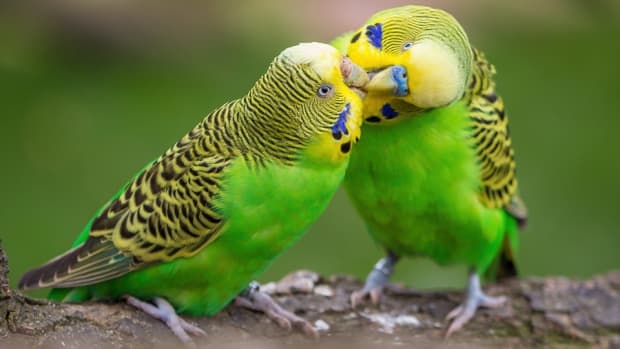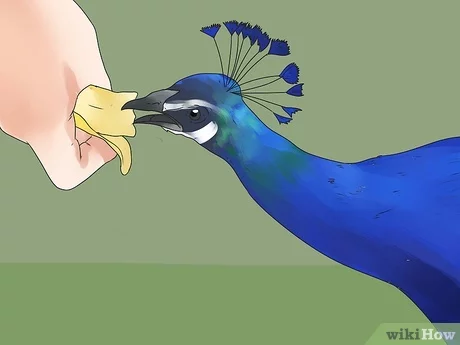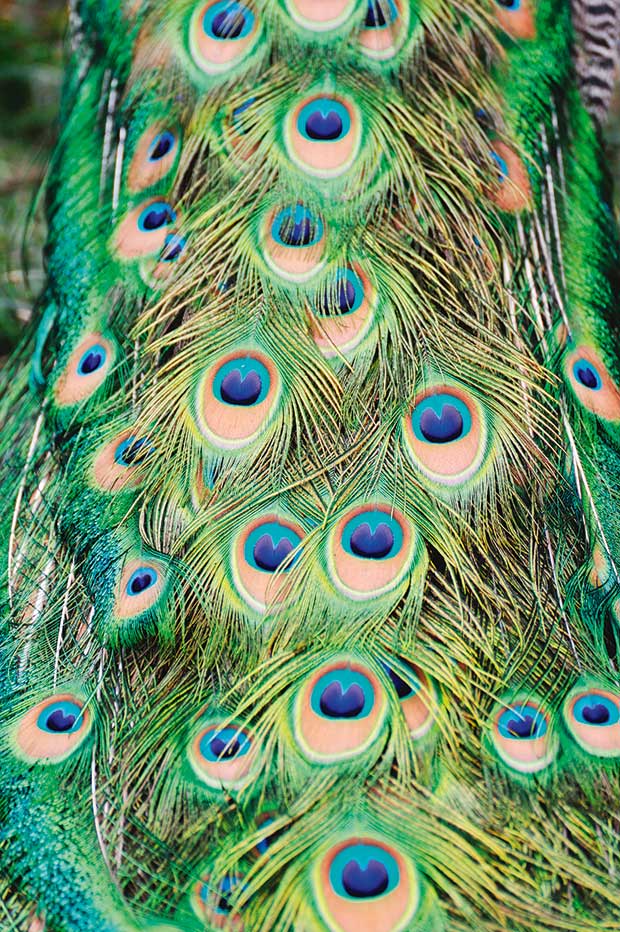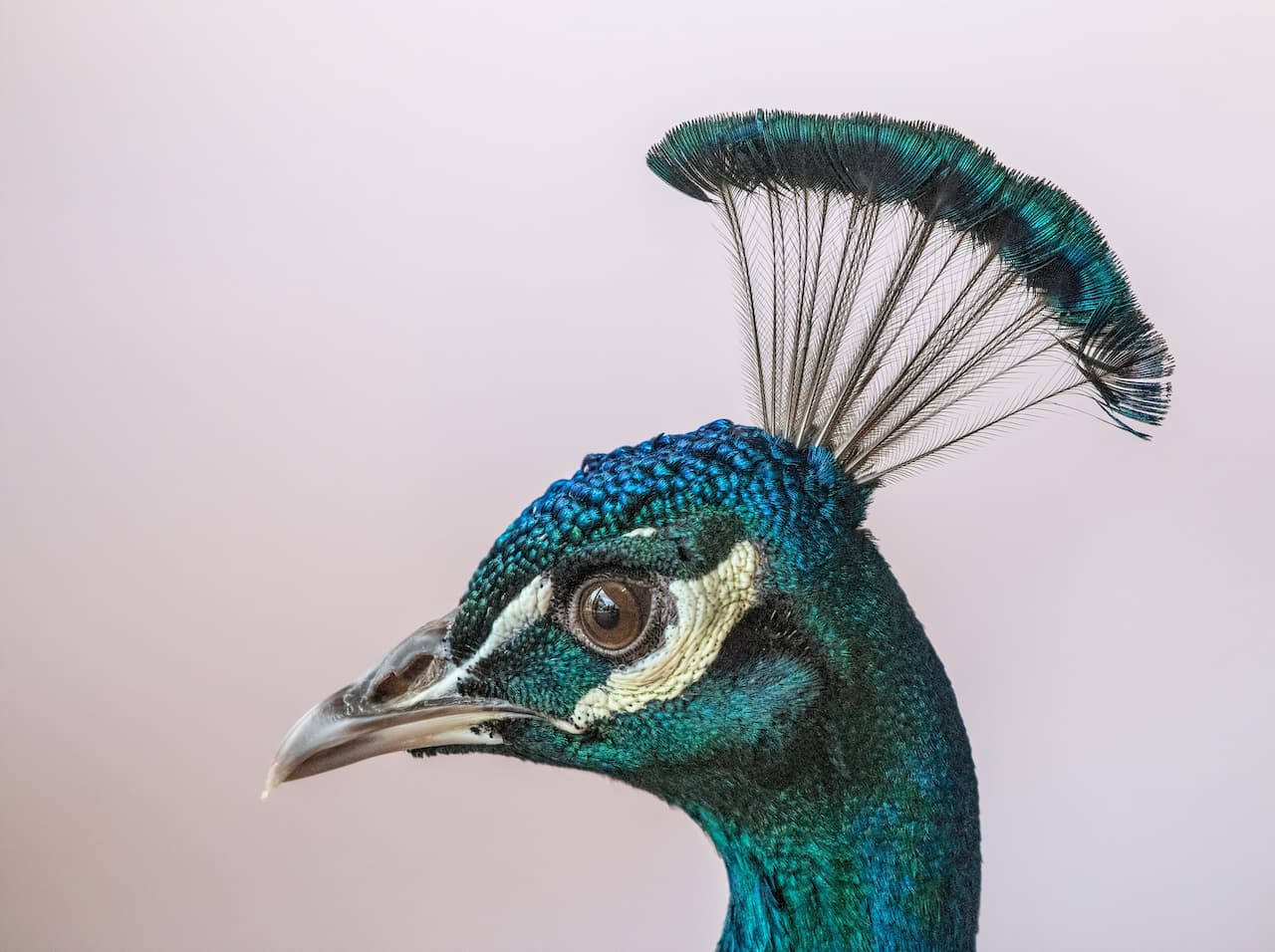peacocks, with their stunning plumage and impressive displays, have long been associated with royalty, beauty, and grandeur. It’s no surprise that many people are drawn to the idea of owning one of these majestic birds as a pet. However, beyond their enchanting aesthetics, the reality of owning a peacock is a complex tapestry woven with both charm and challenges. In this article, we will delve into the multifaceted nature of peacocks as pets, exploring their care, behavior, and whether they truly make suitable pets for the average homeowner.
The Beauty and Allure of Peacocks

It’s hard to deny the allure of peacocks. These birds have long been admired for their strikingly beautiful appearance, with their vibrant feathers and elaborate courtship rituals. The male peacock, also known as a peafowl, is the proud owner of the iconic showy tail feathers, or “train”, which he uses to attract potential mates during breeding season. When fully spread out, a peacock’s train can reach up to six feet in length, creating an awe-inspiring display of shimmering colors.
In addition to their mesmerizing physical beauty, peacocks also possess unique vocalizations. Their loud, distinctive calls, often compared to the sound of a car alarm, add to their charm and wild spirit. These calls serve as a way for peacocks to communicate with each other and establish territory, but they can also be quite disruptive to those living in close proximity.
Understanding Peacock Behavior and Temperament

While the beauty of peacocks is undeniable, it’s important to understand their behavior and temperament before considering them as pets. Peacocks are social creatures and are typically found in groups called “musterings”. In the wild, they live in open grasslands, forests, and even near human settlements. In captivity, they can thrive with proper care and attention.
Peacocks are known for their territorial behavior, and this can become an issue when kept in a confined space. If not provided with enough room to roam and display their natural behaviors, peacocks may become anxious and aggressive. They are also known to be quite curious and may cause damage or escape if not properly supervised.
It’s worth noting that peacocks are not solitary animals and do best when kept with other birds of their species. Keeping them alone may lead to behavioral issues such as excessive calls, pacing, and feather plucking.
Housing and Care Requirements for Peacocks

Peacocks are not small birds, so it’s essential to provide them with a spacious and secure enclosure. The minimum recommended size for one adult male is 50 square feet, with additional space for each additional peacock. The enclosure should also have a height of at least six feet to prevent flying and potential escapes.
Peacocks require a varied and nutritious diet consisting of grains, fruits, vegetables, and protein sources such as worms or insects. They also need access to clean water for drinking and bathing. It’s important to research their dietary needs carefully and provide a balanced diet to keep them healthy and prevent any nutrient deficiencies. Additionally, regular veterinary check-ups and vaccinations are recommended for peacocks, just like any other pet.
The housing enclosure should also include perches, branches, and other structures for roosting and exercise. Adequate shelter from the elements, such as a covered area, should also be provided.
The Challenges of Owning Peacocks: Noise, Space, and Safety

One of the biggest challenges of owning peacocks as pets is the noise they produce. As previously mentioned, their distinctive calls can be quite loud and disruptive, especially in residential areas. While some may find the sound charming, it can quickly become a nuisance for neighbors or even the owner.
Aside from noise, the space required for peacocks is another significant consideration. As mentioned earlier, these birds need a large enclosure to thrive and display their natural behaviors. This may not be feasible for some homeowners who do not have enough outdoor space to accommodate a peacock’s needs.
Furthermore, peacocks are susceptible to predators such as dogs, cats, and other animals, making their safety a top priority. Adequate fencing and precautions should be taken to keep them safe from potential threats.
Legal Considerations and Responsible Peacock Ownership

Before considering owning a peacock as a pet, it’s crucial to research and understand the laws and regulations in your area. In some places, it may be illegal to keep peacocks as pets, while in others, there may be specific permits or licenses required.
In addition to legal considerations, it’s essential to be a responsible peacock owner. This includes providing proper care, ensuring their safety, and being mindful of the impact their presence may have on the surrounding community. Being a responsible peacock owner also means being prepared for the long-term commitment that comes with owning one of these majestic birds.
Conclusion
In conclusion, peacocks are undoubtedly fascinating creatures, with their beauty, charm, and unique behaviors. However, owning one as a pet is not a decision to be taken lightly. While they may make suitable pets for some, it’s essential to carefully consider all aspects involved in their care and ensure that you have the resources and dedication necessary to provide them with a happy and healthy life. So, are peacocks good pets? The answer is, it depends on the individual’s circumstances and ability to meet the needs of these magnificent birds.
